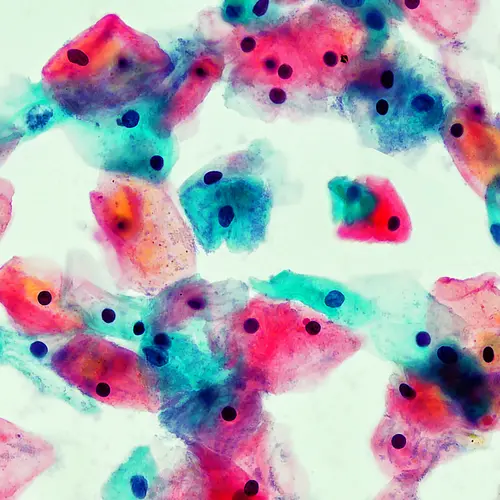Your immune system is made up of your white blood cells plus the organs and tissues of your lymph system, like your bone marrow. Its main job is to help your body fight off disease and stay healthy.
Immunotherapy drugs help your immune system work harder or make it easier for it to find and get rid of cancer cells.
Several immunotherapy drugs have been approved to fight cancer, and hundreds more are being tested in clinical trials (research studies that use volunteers to test new medicines). If immunotherapy seems like the best way to fight your cancer, your doctor may know of a clinical trial you can join.
If your doctor suggests immunotherapy to fight your cancer, there’s a lot to talk to them about before you decide if it’s right for you.
What Are the Benefits?
There are many reasons your doctor might think immunotherapy is a good choice for you:
Immunotherapy may work when other treatments don’t. Some cancers (like skin cancer) don’t respond well to radiation or chemotherapy but start to go away after immunotherapy.
It can help other cancer treatments work better. Other therapies you have, like chemotherapy, may work better if you also have immunotherapy.
It causes fewer side effects than other treatments. This is because it targets just your immune system and not all the cells in your body.
Your cancer may be less likely to return. When you have immunotherapy, your immune system learns to go after cancer cells if they ever come back. This is called immunomemory, and it could help you stay cancer-free for a longer time.
What Are the Risks?
Immunotherapy holds a lot of promise as a cancer treatment. Still, it can cause some problems.
You might have a bad reaction. The area where the medication goes into your body could hurt, itch, swell, turn red, or get sore.
There are side effects. Some types of immunotherapy rev up your immune system and make you feel like you have the flu, complete with fever, chills, and fatigue. Others could cause problems like swelling, weight gain from extra fluids, heart palpitations, a stuffy head, and diarrhea. Most of the time, these ease up after your first treatment.
It can harm organs and systems. Some of these drugs can cause your immune system to attack organs like your heart, liver, lungs, kidneys, or intestines.
It isn’t a quick fix. In some cases, immunotherapy takes longer to work than other treatments. Your cancer may not go away quickly.
It doesn’t work for everyone. Right now, immunotherapy works for less than half the people who try it. Many people only have a partial response. This means your tumor could stop growing or get smaller, but it doesn’t go away. Doctors aren’t sure yet why immunotherapy helps only some people.
Your body could get used to it. Over time, immunotherapy may stop having an effect on your cancer cells. This means that even if it works at first, your tumor could start to grow again.

